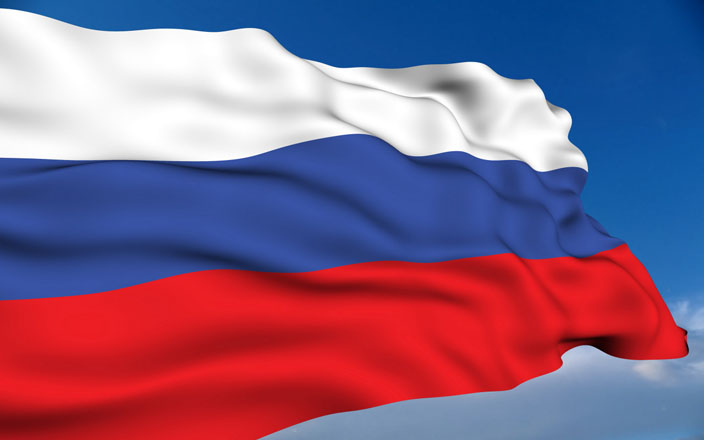Russia's agricultural watchdog (Rosselkhoznadzor) may ban imports of vegetables and fruits from Bosnia and Herzegovina if it does not receive an explanation why fruit imports from that country sharply increased recently, TASS reported referring to the controller.
Rosselkhoznadzor is concerned over a three-time growth of the volume and sudden expansion of the range of supplied quarantined products from Bosnia and Herzegovina to Russia. The amount of apples imported to Russia grew 100-fold over the first nine months of 2014 on the same period last year, it said.
Rosselkhoznadzor representatives held talks with the Bosnian side in Moscow and demanded that Bosnia provide documents within a week to prove authenticity of a number of phyto-sanitary certificates accompanying products delivered to Russia. The second demand is to notify Russia within a week of the range and volumes of vegetables and fruits grown in 2014 in Bosnia and Herzegovina.
"In case the presented information is insufficient or wrong, Rosselkhoznadzor does not rule out that it could impose restrictive measures regarding deliveries of vegetables and fruits from Bosnia and Herzegovina to the Russian market," the watchdog said.
Bosnia and Herzegovina does not make part of the European Union, so it does not fall under Russia's food embargo introduced in response to Western sanctions.
Rosselkhoznadzor earlier demanded confirmation for the authenticity of veterinary certificates in line with which foodstuffs are supplied to Russia from Macedonia, Montenegro and Albania - countries that are not EU members either. The agricultural watchdog explained the measure by the risk that re-exports of banned goods to Russia may be carried out via those countries.
The West, inspired by the United States, subjected Russian officials and companies to the first batch of sanctions, including visa bans and asset freezes, after Russia incorporated Crimea in mid-March after a coup in Ukraine in February.
New, sectoral, penalties against Russia were announced in late July over Moscow's position on Ukrainian events, in particular, what the West claimed was Russia's alleged involvement in hostilities in Ukraine's embattled southeast.
Russia responded with imposing on August 6 a one-year ban on imports of beef, pork, poultry, fish, cheeses, fruit, vegetables and dairy products from Australia, Canada, the EU, the United States and Norway.
The list of products whose imports Russia banned as part of its response to Western nations includes cattle meat (fresh, chilled and refrigerated), pork (fresh, chilled and refrigerated), poultry meat and all poultry edible by-products, salted meat, pickled meat, dried meat, smoked meat, fish, clams and other water invertebrates, milk and dairy products, vegetables, edible roots and tuber crops.
The list also contains fruit and nuts, sausage and analogous meat products, meat by-products or blood, as well as products made of them, ready-to-eat products including cheeses and cottage-cheese based on vegetable fats.






